Film and Video Censorship in Modern Britain
£15.40
How does film and video censorship operate in Britain? Why does it exist? And is it too strict? Starting in 1979, the birth of the domestic video industry – and the first year of the Thatcher government – this critical study explains how the censorship of films both in cinemas and on video and DVD has developed in Britain. As well as presenting a detailed analysis of the workings of the British Board of Film Classification, Petley casts his gaze well beyond the BBFC to analyse the forces which the Board has to take into account when classifying and censoring. These range from laws such as the Video Recordings Act and Obscene Publications Act, and how these are enforced by the police and Crown Prosecution Service and interpreted by the courts, to government policy on matters such as pornography. In discussing a climate heavily coloured by 30 years of lurid ‘video nasty’ stories propagated by a press which is at once censorious and sensationalist and which has played a key role in bringing about and legitimating one of the strictest systems of film and video/DVD censorship in Europe, this book is notable for the breadth of its contextual analysis, its critical stance and its suggestions for reform of the present system.
Read more
Additional information
| Publisher | Edinburgh University Press, 1st edition (17 May 2011) |
|---|---|
| Language | English |
| File size | 591 KB |
| Text-to-Speech | Enabled |
| Screen Reader | Supported |
| Enhanced typesetting | Enabled |
| X-Ray | Not Enabled |
| Word Wise | Not Enabled |
| Sticky notes | On Kindle Scribe |
| Print length | 240 pages |




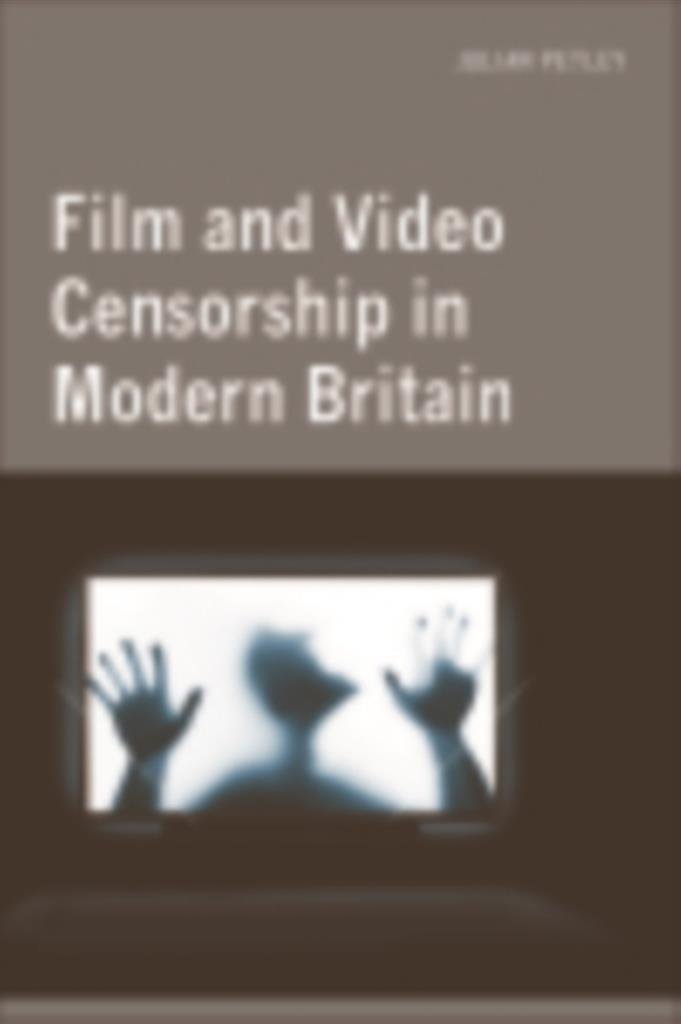
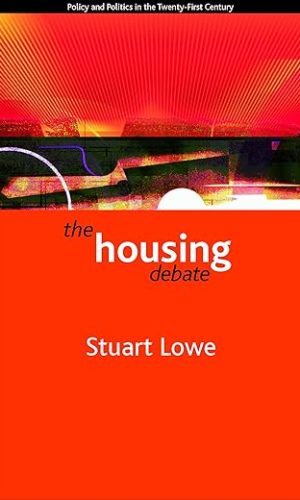
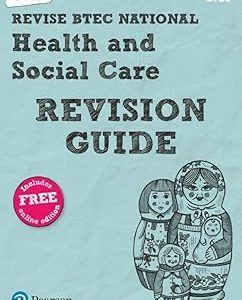




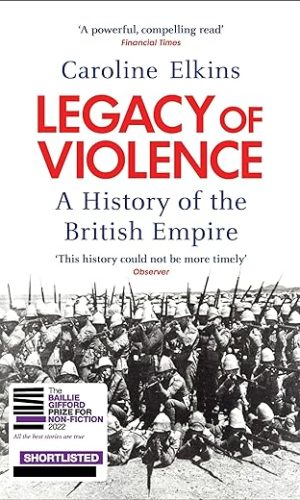
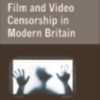
by John Hamilton
For anyone interested in film and video censorship in Britain, this (beautifully written) work is in my opinion absolutely indispensable. It studies several moral panics that have taken place in recent decades in order to account for why Britain has the strictest censorship in the whole of Europe bar the Republic of Ireland. It goes into considerable detail concerning how these panics arose and how they were fuelled by the popular media.
Interestingly, although film buffs are often irritated by the cuts to films insisted on by the BBFC, the BBFC is rarely the villain of the piece. Indeed it can sometimes be seen as attempting to resist calls for stricter censorship. What comes across most strongly is the role of the mass circulation press in generating panics, through its malicious falsehoods and distortion of facts. One emerges from reading this work with the distinct feeling that the press is a massive source of evil in the UK body politic, aided, of course, by anti-liberal politicians and ministers (such as Jack Straw and Tony Blair during the ‘New Labour’ era).
With regard to the BBFC itself this book reveals the extent to which this body does not operate within a vacuum; rather it is directly affected by transient political currents and irrational public anxieties, towards which it feels it cannot be wholly indifferent.
I really can’t praise this book enough. It at once reveals the fundamentally political nature of censorship in Britain and identifies those responsible for it (particularly the right wing press). It shows how the defence of the press that is sometimes advanced – that they are merely reflecting public opinion – is tautologous, since the press is largely responsible for that opinion. Julian Petley has not only illuminated the nature of censorship in Britain, but has also thrown light on the nature of the UK body politic itself, and for this his book deserves the widest possible readership.
by pagodalevelx
As someone interested in the what constitutes censorship in different countries, particularly the UK where I am from, this book was a very interesting choice. It covers all the foundations, from the various laws which affect the BBFC and its work through the the last few years. It details the notorious years of the ‘video nasties’ knee-jerk era for example from various different angles (critics, BBFC staff, activists). My only ral gripe is that it doesn’t lighten up, just reads like one long essay.